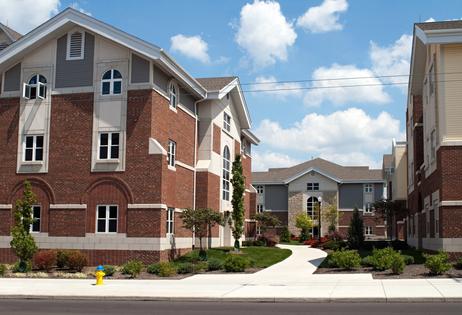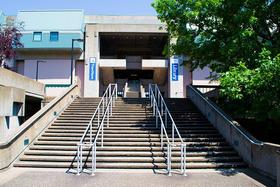Many people who enter college become preoccupied with having an authentic college experience. They imagine late nights spent poring over textbooks, engaging in classroom discussions, and even wild parties on the weekend. But the truth is that there is no one true college experience. Each college and each student is unique. However, certain things about college can enhance or detract from your experience. One of them is on-campus housing.
The price differential between a four-year school versus a two-year school is staggering. But you may not realize that much of that price difference isn’t related to tuition or education fees. It is for housing. For many colleges, room and board is just as expensive (or more so) than tuition costs and fees. Going to a community college can save you a lot of money, but do you have to forgo the opportunity to live in on-campus housing? Maybe not.
How Many Community Colleges Offer Housing?
According to a recent American Association of Community Colleges poll, about 25% of community colleges in the United States offer their students on-campus housing. This number has risen dramatically since 2000, and it continues to rise. Among the latest community colleges to open on-campus residence halls for students are Jefferson Community College in New York, Rose State College in Oklahoma, and Northampton Community College in Pennsylvania, to name a few.
Below, you will find a list of other community









































































































